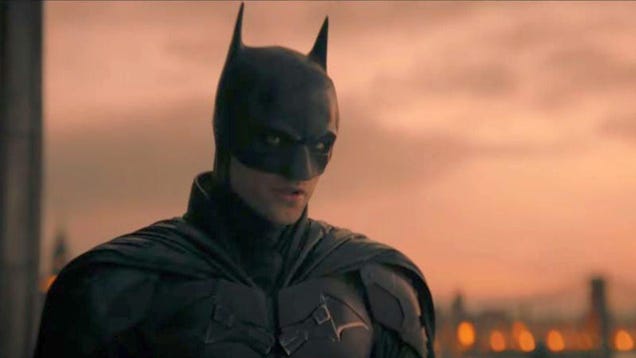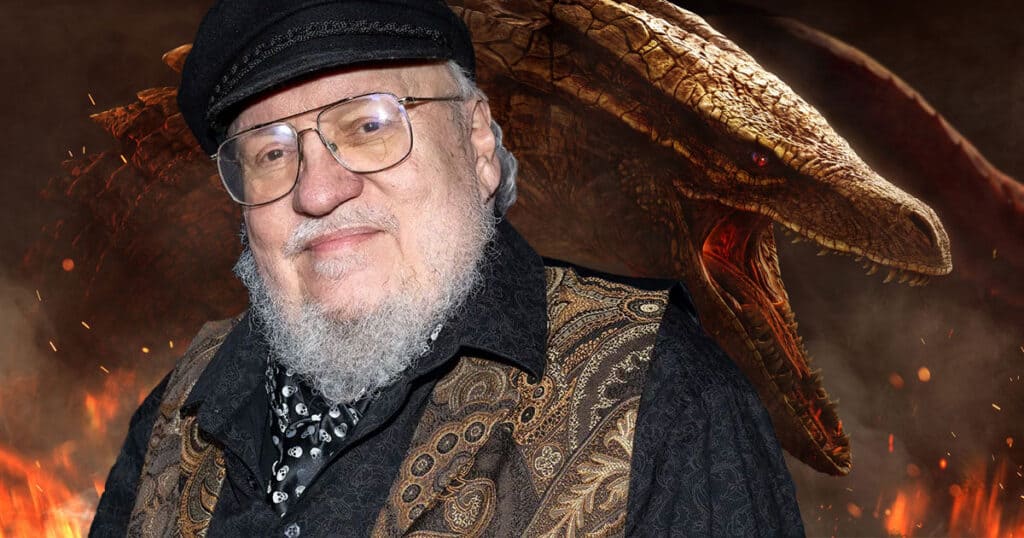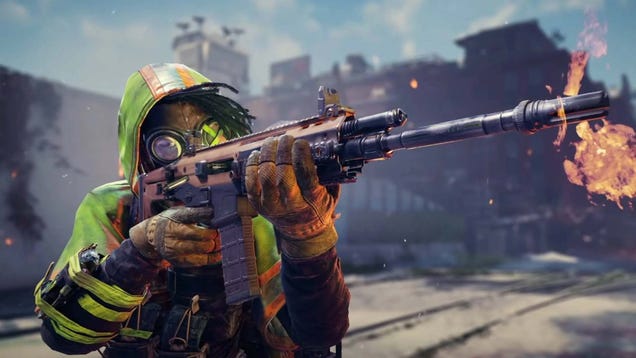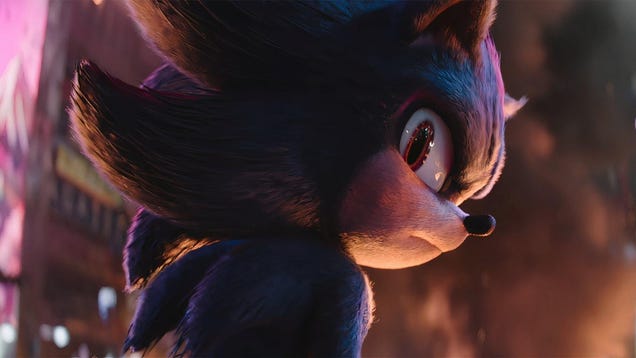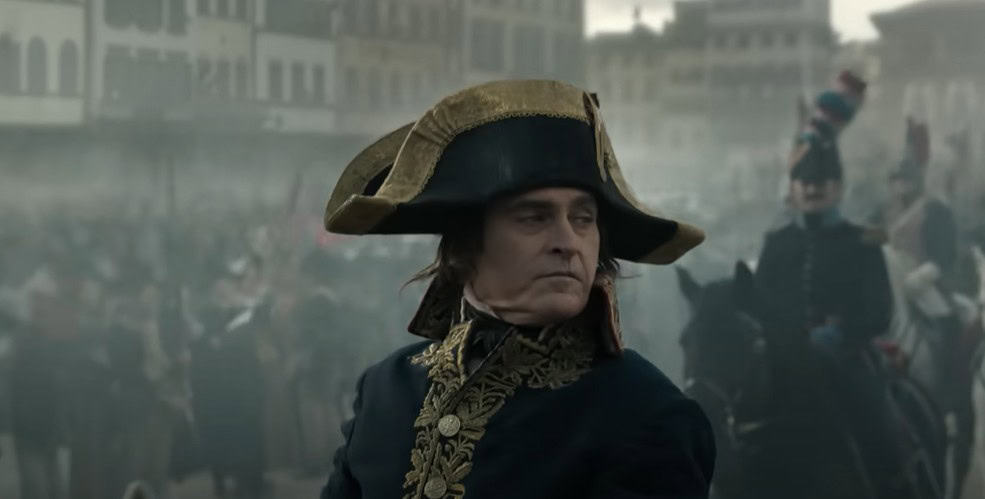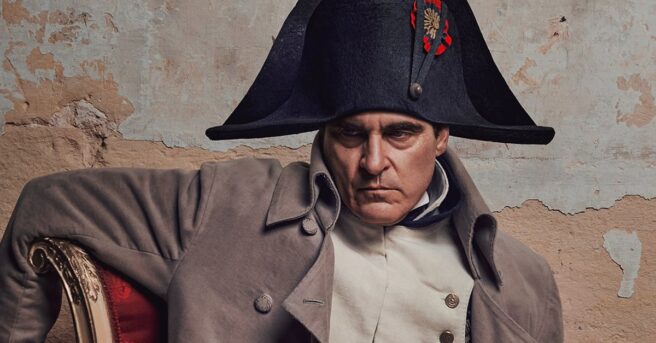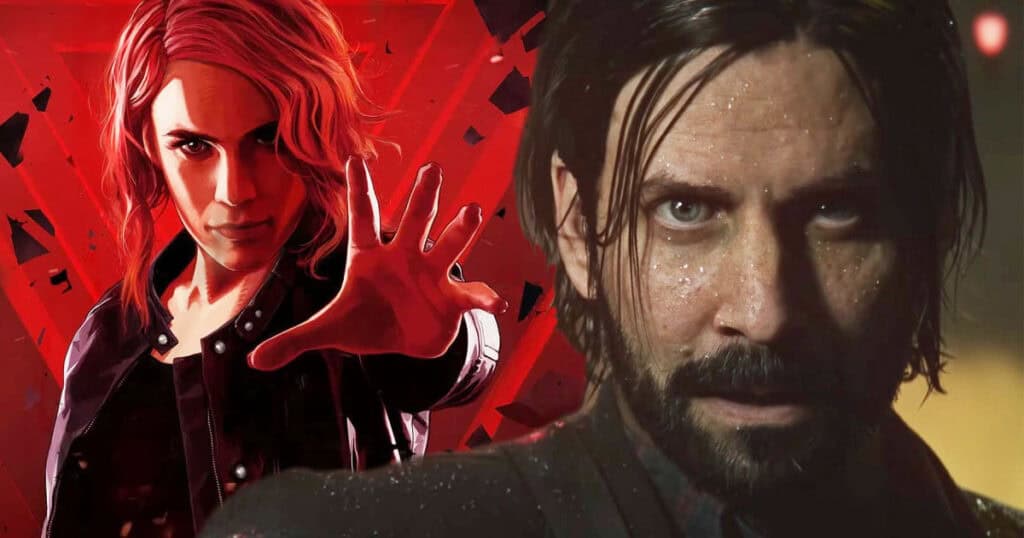

Praise the Objects of Power, and don’t forget to grab fresh batteries for your flashlight because Remedy’s Control and Alan Wake are getting film and television adaptations! Remedy Entertainment is teaming up with Annapurna to bring both video game properties to screens, with plans to develop and produce film, TV, and audiovisual presentations based on both fan-favorite game franchises. News about the Control and Alan Wake adaptations comes after Annapurna announced they’re co-producing and co-financing Control 2, the next game revolving around the mysterious happenings of the franchise’s main character, Jesse Faden.
“At Remedy, our primary focus continues to be what we do best — crafting industry-defining video games that have earned us global recognition. Now, the time is right to expand the reach of Remedy’s beloved franchises to an even broader global audience through film, television, and more. In Annapurna, we have found an outstanding partner who shares our ambition and passion for immersive storytelling. We are excited to see them bring the universes and characters we have created to life in new mediums, thanks to this unique deal.” commented Tero Virtala, CEO of Remedy Entertainment.
Control (2019) is an action-adventure video game set in the labyrinthine offices of the Federal Bureau of Control, an agency investigating paranormal phenomena that threaten to breach the walls of shapeshifting buildings and alter our reality. Jesse Faden uses her unique psychic abilities to explore the FBC while searching for her missing brother. Control is part of Remedy’s shared universe, which includes the nightmarish world of Alan Wake.
Meanwhile, Alan Wake is a horror-action-adventure video game set in a twisted world somewhere between darkness and light. The series follows Alan Wake, who becomes trapped in a nightmare world of his own making. Alan fights cult members and hostile shadow monsters while navigating a bizarre, Twin Peaks-inspired world populated with strange and wonderful characters. Alan Wake 2 was nominated for game of the year at the 2023 Video Game Awards and won for best game direction, narrative, and art direction.
“This deal with Remedy isn’t just about adapting great games—-it’s about breaking new ground in how companies can collaborate. By backing Remedy’s move toward self-publishing, we’re putting our faith in their vision,” said Hector Sanchez, Annapurna’s President of Interactive and New Media. “We know from experience that Remedy is a first-class games development partner, and we’re excited to share their work with an even wider audience by bringing the Control and Alan Wake universes to film, television and beyond.”
Unapologetically, I am a Remedy Entertainment fanboy! I’ve been a fan of the studio since 2010’s Alan Wake. Control is JoBlo’s Unmade Movie narrator Bronwyn Kelly-Seigh’s (my wife) favorite game, alongside Diablo 4 and Stardew Valley. We’re both overjoyed by Annapurna joining forces with Remedy to bring more of this brilliant studio’s games and other projects to the grand stage. How about you? Are you a Control or Alan Wake fan? Please keep the original cast members from the games for whatever adaptation you pursue, though I’m probably barking up the wrong tree. Either way, let’s f**cking go!
The post Control and Alan Wake film and TV adaptations in the works from Annapurna and Remedy Entertainment appeared first on JoBlo.
